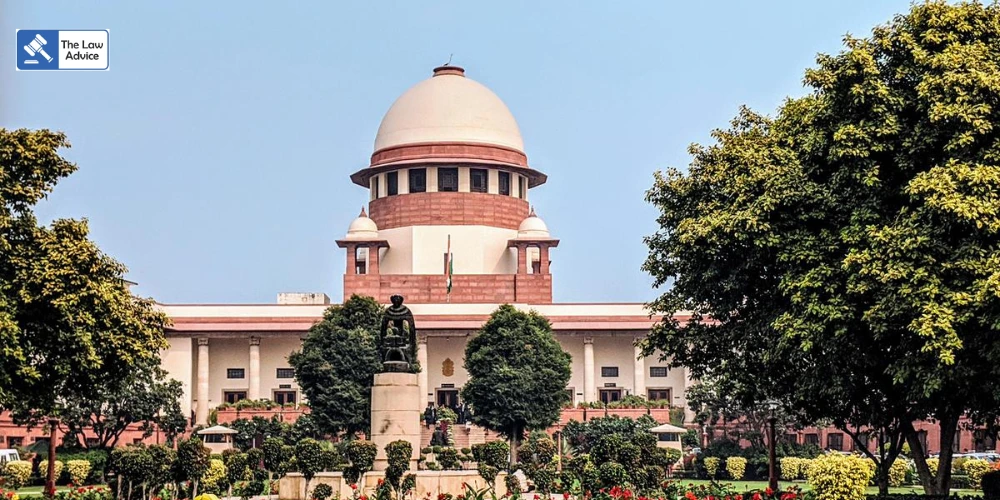New Delhi, Sep 2:
The long-running dispute over insurance coverage for former India pacer S. Sreesanth’s injury during the 2012 Indian Premier League (IPL) has reached the Supreme Court, with United India Insurance Company challenging an order of the National Consumer Disputes Redressal Commission (NCDRC) that directed it to pay over ₹82 lakh to Rajasthan Royals’ franchise owner, Royal Multisport Pvt. Ltd.
A Bench of Justices Vikram Nath and Sandeep Mehta on Monday adjourned the matter, allowing the insurer to place on record additional documents, including the original insurance application filed by the franchise and the fitness certificates submitted in respect of Sreesanth.
For the 2012 IPL season, Royal Multisport Pvt. Ltd., the owner of Rajasthan Royals, had obtained a Special Contingency Insurance for Player Loss of Fees Cover from United India Insurance Company. The total insured sum was ₹8.70 crore, covering losses if contracted players were unable to participate due to specified circumstances such as accidents or injuries sustained during the policy period.
The policy commenced on March 28, 2012. On the very same day, Sreesanth, who was part of the Royals’ squad, suffered a knee injury during a practice match in Jaipur. Medical reports confirmed the severity of the injury, and he was declared unfit to play the entire season.
The franchise submitted a claim of ₹82,80,000, corresponding to the player’s contracted fee. A surveyor appointed by the insurer found that the knee injury qualified as a sudden, unforeseen, and unexpected event, well within the scope of coverage.
However, the insurance company repudiated the claim, citing non-disclosure of a pre-existing toe injury that had troubled Sreesanth in 2011 and sidelined him for several months before the tournament.
NCDRC’s Order
Aggrieved, Rajasthan Royals moved the NCDRC. The Commission, in its impugned order, ruled in favour of the franchise, holding the insurer’s repudiation as “deficiency in service”.
The NCDRC observed:
• The knee injury was well-documented with X-rays, MRI reports, and medical opinions.
• The alleged pre-existing toe injury was not shown to have recurred or caused incapacity during the policy period.
• Hence, denial of the claim was unjustified, and the insurer was liable to pay.
For the Appellant (United India Insurance):
• ASG Aishwarya Bhati submitted that the NCDRC had misdirected itself by treating the issue only from the angle of connection between toe and knee injuries.
• The insurer’s repudiation was not about whether the injuries were connected, but about non-disclosure of a pre-existing condition.
• “If the toe injury had been disclosed at the time of insurance, the company could have either declined coverage or charged a higher premium,” the Bench was told.
For the Respondent (Royal Multisport Pvt. Ltd.):
• Senior Advocate Neeraj Kishan Kaul argued that the toe injury had no bearing on Sreesanth’s participation. He was playing and training normally until the knee injury sidelined him.
• The purpose of such insurance policies is to protect teams when a player is rendered unfit during the tournament, he stressed.
• Fitness certificates had been duly provided—one at the time of contracting, and another after the knee injury.
Justice Mehta, during the hearing, pointedly asked whether the fitness certificate disclosed the pre-existing toe injury, as required under clause (e) of the policy. The Bench also remarked that had disclosure been made, the insurer could have reconsidered its risk assessment.
The dispute essentially turns on whether non-disclosure of Sreesanth’s earlier toe injury justified repudiation of the claim, even though the actual cause of his non-participation was an unrelated knee injury sustained during the insured period.
The Supreme Court adjourned the case, granting the insurer time to file the insurance proposal documents and supporting records. The matter will be heard again after the documents are placed on record.
Case Title: United India Insurance Co. Ltd. v. Royal Multisport Pvt. Ltd., Diary No. 33872-2025
